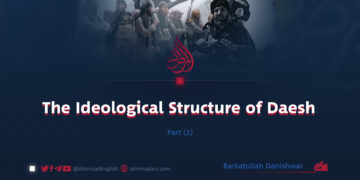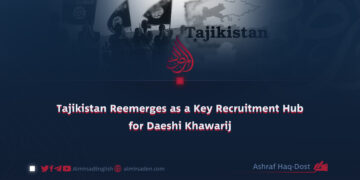Following the devastating defeat of its Khorasan branch in Afghanistan and the near-total dismantling of its leadership and military infrastructure, ISIS has shifted its focus from armed operations to financial survival. With dwindling manpower and severely limited resources, the group is increasingly reliant on illicit methods to fund its remaining activities.
One of the clearest indicators of this strategic pivot is the content of Al-Azaim, IS-K’s official magazine. Over the past year, nearly every issue has included calls for financial donations, often providing bank and cryptocurrency account details for supporters.
In a recent development, Al-Azaim’s fatwa department issued a ruling unilaterally authorizing the hacking of non-Muslims’ bank accounts and the theft of their funds. This so-called religious justification aims to legitimize cyber theft among ISIS sympathizers and reflects a desperate bid to recruit financial enablers from its shrinking support base.
ISIS’s financial distress is not confined to Afghanistan. In both Afghanistan and Syria, operatives have increasingly resorted to kidnapping businessmen and their relatives, demanding ransom for their release. With traditional funding avenues drying up, such criminal tactics have become the group’s default means of raising money. Kidnapping, in particular, is seen as a low-risk and high-reward operation that requires minimal effort but yields significant returns.
Authorizations for such actions were granted long before the current financial crisis. In 1443 AH, the governor of ISIS’s Syrian province issued internal directives instructing local officials to reactivate economic operations, manage them independently, and maintain complete secrecy. The order also requested detailed lists of logistical requirements such as vehicles, safe houses, and cash needed to facilitate kidnappings and other illicit schemes.
Despite its active involvement in these crimes, ISIS rarely claims responsibility. The group deliberately conceals its role in such operations to preserve what remains of its credibility and to avoid reputational damage among sympathizers and potential recruits.
Al-Mirsaad has obtained credible documents and verifiable information from its sources confirming kidnappings carried out by ISIS’s financial wing in Khorasan Province. These findings will be made public in due course.



















































